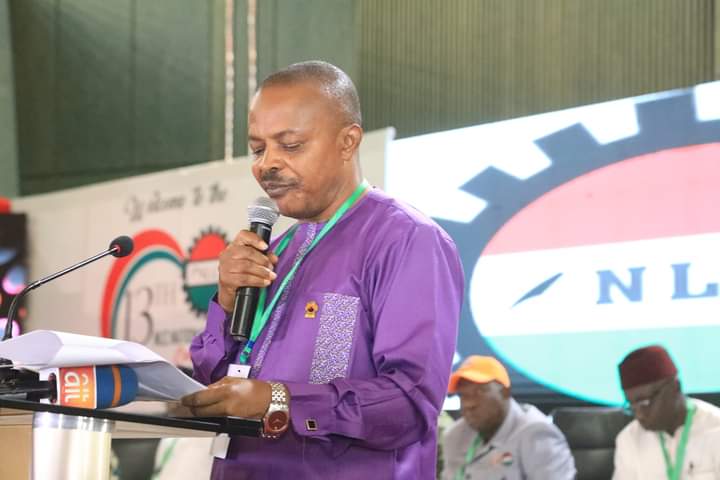The proposed implementation of a N30,000 minimum salary starting in April 2024 by the Bola Tinubu administration has elicited a response from the Nigeria Labour Congress (NLC).
Speaking on Tuesday at the 19th iteration of the NLC 2023 Harmattan School in Abuja, NLC president Joe Ajaero stated that the new national minimum wage negotiations would start in 2024 and be determined by the current cost of living in the nation.
The Harmattan School is part of the NLC National Schools where it trains and empowers members of its affiliated unions through skills development.
Ajaero, who was represented by the NLC vice president Benjamin Anthony, stated that all tiers of government must acknowledge the extreme difficulties of existence and living circumstances.
“The removal of subsidies on petroleum products has further worsened the challenges faced by working people,” he said.
“That is unleashing severe pain and contributing to galloping inflation and increasing inequality and poverty.
“We must reckon that a well-motivated and well-remunerated workforce has a positive impact on productivity and national development.
“As we anticipate the commencement of negotiations for the National Minimum Wage in 2024.
“We seek the understanding of all stakeholders to ensure that we use this opportunity to arrive at a minimum wage commensurate with the prevailing cost of living,” he added.
The ultimate objective, according to Ajaero, is to set a living wage that compensates employees for their expenses while also allowing for some savings.
According to him, there is a serious risk to collective bargaining and the freedom of association because of the recent attack on labourers and their leaders in Imo.
“This is as enshrined in Section 40 of the 1999 of the Constitution of the Federal Republic of Nigeria as amended and the ILO Conventions 87 and 98 on Freedom of Association and Collective Bargaining.
“This should unequivocally be condemned by all people of goodwill. The only thing that can assuage our pains is for the Imo Government to address all labour issues.
“They are also to return the so-called ‘ghost workers’ to their jobs, pay all outstanding salaries and pensions and call back all victimised workers to their jobs,”he said.

